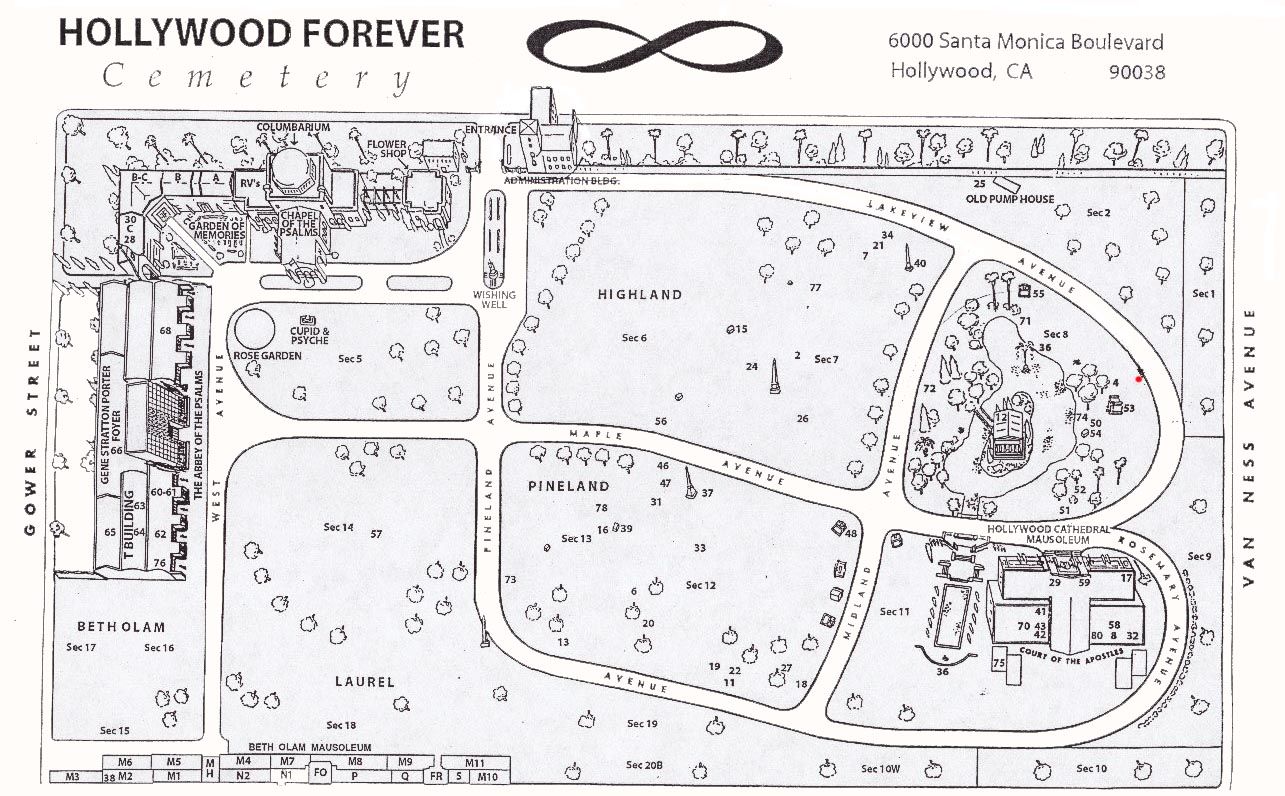Gregg Toland
Birth Name:
Gregg Wesley Toland
Birth Date:
May 29, 1904
Birth Place:
Charleston, Illinois
Death Date:
September 28, 1948
Place of Death:
Los Angeles, California
Age:
44
Cause of Death:
Coronary thrombosis
Cemetery Name:
Hollywood Forever Cemetery
Claim to Fame:
Show Business
Gregg Wesley Toland was an American cinematographer known for his innovative use of techniques such as deep focus, examples of which can be found in his work on Orson Welles' Citizen Kane (1941), William Wyler's The Best Years of Our Lives (1946), John Ford's The Grapes of Wrath, and The Long Voyage Home (both, 1940). Toland is also known for his work as a director of photography for Wuthering Heights (1939), The Westerner (1940), The Outlaw (1940), Ball of Fire (1941), Song of the South (1946), and The Bishop's Wife (1947). Over Toland's career he earned six Academy Award nominations for Best Cinematography including one win for his work on the film Wuthering Heights. Toland was voted as one of the top 10 most influential cinematographers in the history of film.
Cemetery Information:
Final Resting Place:
Hollywood Forever Cemetery
6000 Santa Monica Blvd.
Los Angeles, California, 90038
USA
North America
Map:

Cemetery map of Hollywood Forever Cemetery in Los Angeles, CA
Grave Location:
Chapel Colonade, lower floorGrave Location Description
As you enter the cemetery take the first right and the Chapel will be on your right. Enter the main entrance of the chapel, and Gregg Toland’s grave will be on the lower floor in the Chapel colonnade. His final resting place can be found four units from the floor in one of the hexagon columns in the center of the chapel floor.
Grave Location GPS
34.090286, -118.320878Visiting The Grave:
Photos:
[+]
[+]
[+]
[+]
[+]
[+]
[+]
FAQ's
Gregg Toland was born on May 29, 1904.
Gregg Toland was born in Charleston, Illinois.
Gregg Toland died on September 28, 1948.
Gregg Toland died in Los Angeles, California.
Gregg Toland was 44.
The cause of death was Coronary thrombosis.
Gregg Toland's grave is in Hollywood Forever Cemetery
Read More About Gregg Toland:
Videos Featuring Gregg Toland:
See More:
Back to Top








